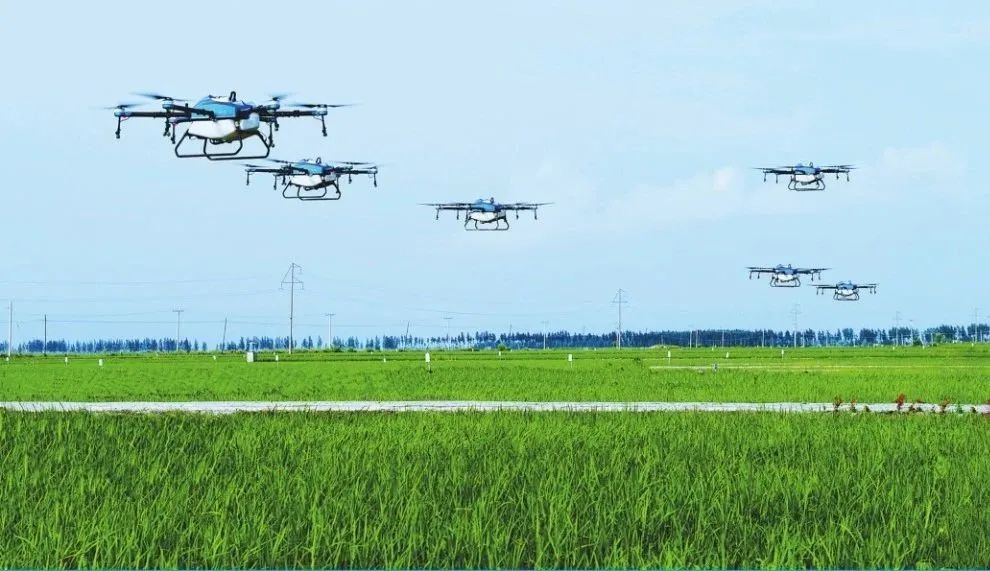Tanaka Farm, the rice production legal person in Tottori Prefecture, has been implementing “smart agriculture” since the rice production this spring. Tanaka Farm has purchased unmanned aerial vehicles (UAVs) to spread fertilizer on farmland and Rice transplanter equipped with global positioning system (GPS).
According to the report, the planting area of Tanaka Farm, including vegetable fields and orchards, is about 120 hectares, far exceeding the national average of 1.2 hectares in Japan. The farm has increased its planting area by renting adjacent farmland, but the trend has gradually declined due to manpower shortages.
The report also said that Fuyuan Farm in Shiga Prefecture had purchased an automatic Rice transplanter since the spring of 2019. The farm hopes to reduce labor hours, reduce costs, and produce more rice at prices that meet the requirements of restaurants. President Shoichi Fukuhara said, “It’s only a matter of time before the price of a bag (60 kilograms) of rice drops below 10000 yen. We hope to achieve agriculture that can earn money at low prices.
According to statistics from the Ministry of Agriculture, Forestry, and Fisheries of Japan, the average cost of rice production for all farmers in China, including legal entities, was 15352 yen per bag in 2018, a decrease of 20% in the past 30 years, but prices have not decreased significantly in the past 5 years. An official from the Grain Department of the Ministry of Agriculture, Forestry, and Fisheries stated, “With the expansion of production scale, costs continue to decrease, but recently due to personnel shortages, there is limited space to reduce costs.
The report states that rice prices have been on a long-term downward trend, and if farmers reduce production costs, it will be difficult to increase net income. The farm has started implementing smart agriculture as a clever way to reduce costs. Vegetable factories have promoted the introduction of smart agriculture, but in the field of rice farming, “relevant equipment has only been sold in the past one or two years, and there have been almost no instances of promoting smart agriculture
The Ministry of Agriculture, Forestry, and Fisheries of Japan believes that by introducing smart agriculture, on one hand, labor hours can be minimized by 50%, and on the other hand, harvest can be increased by 10% to 20%. The bottleneck issue is that the price of smart agriculture related equipment is 10% to 50% higher than that of ordinary equipment. However, if more and more people believe that smart agriculture can be effectively used for farm management, it is expected to be popularized among rice farmers.







Please sign in to comment
register